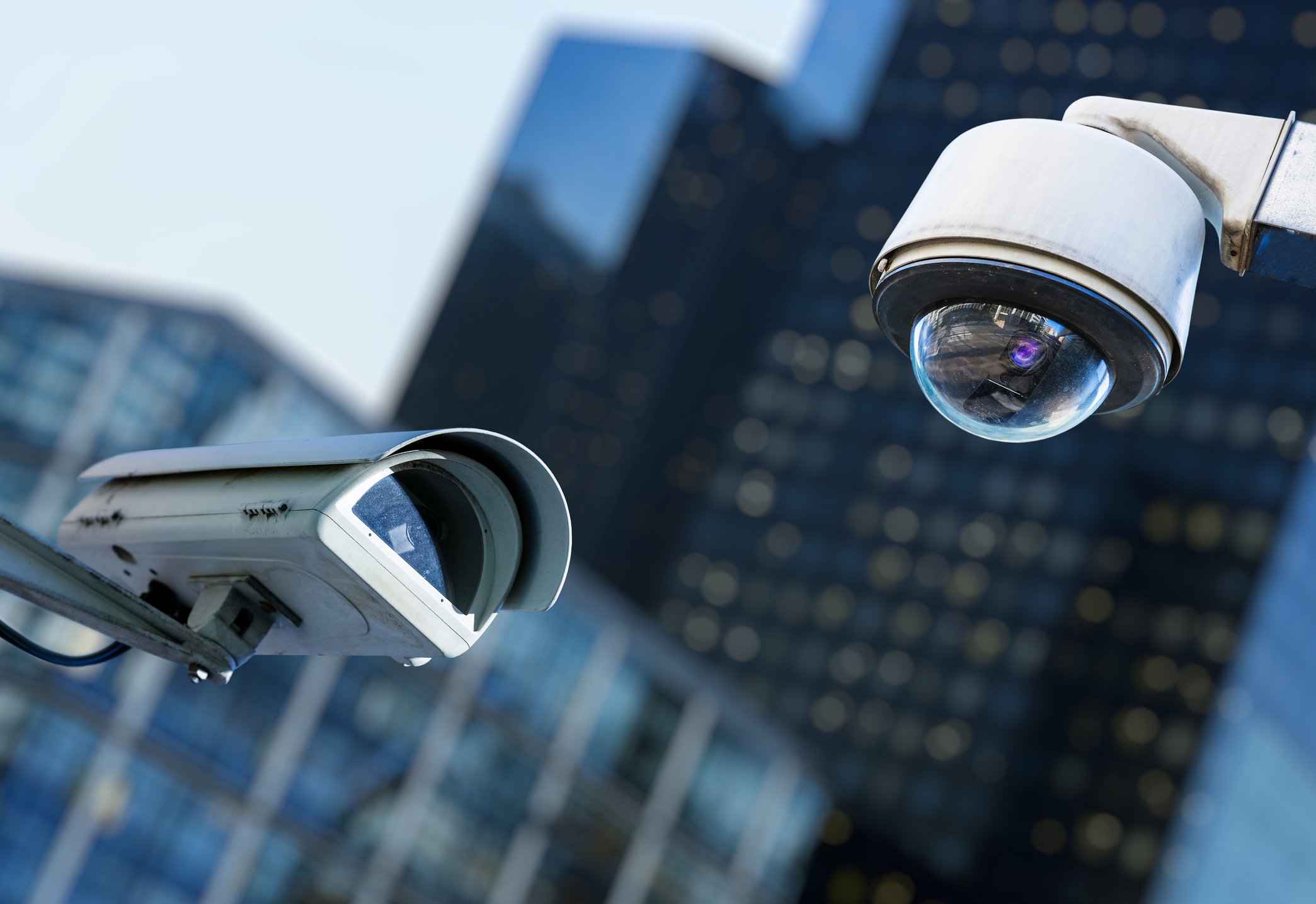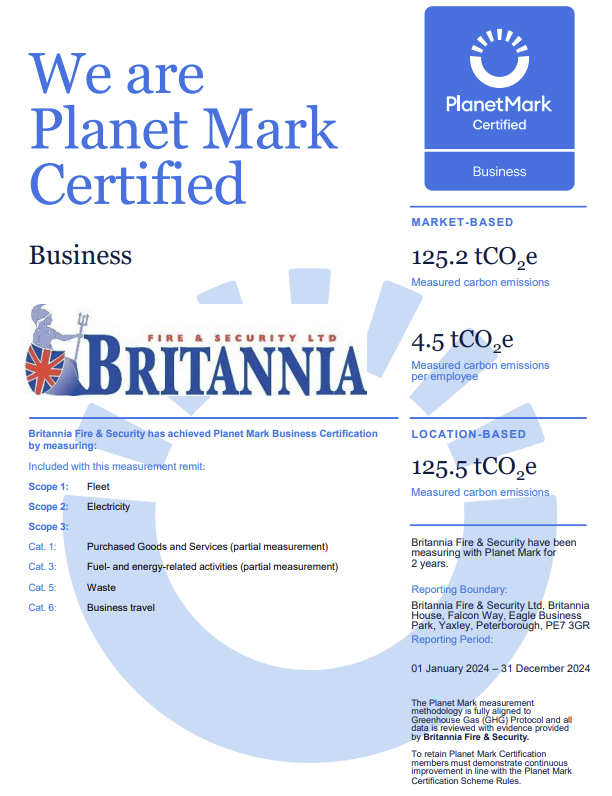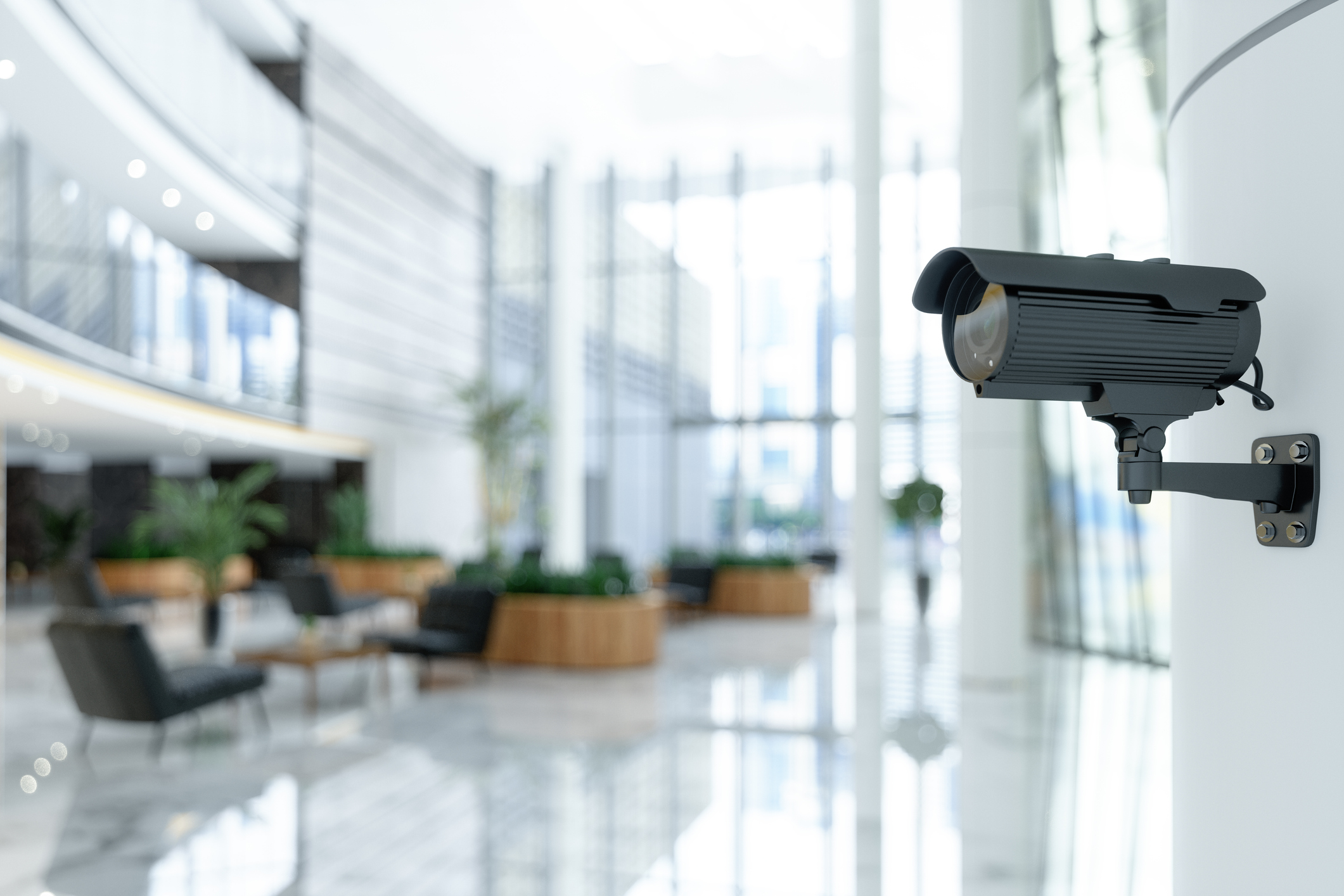
CCTV Laws in the UK
CCTV Legislation For Homes in the UK
If you would like to have CCTV for your home, then you’ll need to be mindful of the CCTV legislation for homes in the UK. Let’s go over a few key points:
Where Can You Point Your Cameras?
Homeowners have the right to install domestic CCTV cameras to protect their property, but there are home CCTV laws to consider. CCTV legislation UK-wide states that cameras should only capture images within the boundaries of your property. If a camera overlooks the public pathway, a neighbour’s property or garden, it may breach the privacy rights under the Human Rights Act. Therefore, homeowners need to be cautious about the direction in which their cameras are pointed.
Requests to Delete Footage
Under the General Data Protection Regulation (GDPR) and the Data Protection Act 2018, laws on CCTV footage state that an individual has the right to request the deletion of personal data, including CCTV footage. If a person believes their image has been captured without a legitimate reason, they may request its removal. Homeowners must comply with such requests unless there’s a compelling reason not to.
What Are the Penalties For Breaking CCTV Laws?
Breaking the CCTV laws can result in a variety of penalties. In severe cases, the Information Commissioner’s Office (ICO) can issue fines of up to £17 million or 4% of a firm’s total annual worldwide turnover, whichever is higher. Individuals can also file civil claims for compensation if they feel their privacy rights have been violated.
CCTV Laws for Commercial Properties in the UK
Just like homeowners looking to utilise CCTV, businesses must also remain compliant with the latest commercial CCTV laws. Let’s go over the key aspects of this legislation below:
Access to the Footage and Who Can See It?
CCTV footage from commercial properties is subject to strict access controls and commercial CCTV laws UK businesses must adhere to. The ICO stipulates that only authorised personnel can view this footage. Furthermore, businesses must have a clear policy that outlines who has access, the circumstances that permit access, and how footage is handled and protected.
How Long Can CCTV Footage Be Kept For?
The Data Protection Act 2018 and the GDPR stipulate that personal data, including CCTV footage, should not be kept longer than necessary. Though there isn’t a specified maximum period, it’s generally accepted that 31 days is a reasonable timeframe for most businesses. After this period, the footage should be securely deleted unless there’s a valid reason for its retention.
What Are the Penalties For Breaching CCTV Laws for Businesses?
Similar to residential violations, there are CCTV laws UK business owners must be wary of, as going against them can bring severe penalties. The ICO can issue significant fines, and businesses may face civil claims from individuals whose rights have been infringed.
Other Important Considerations for Using CCTV in the UK
There are some things you’ll want to consider beyond the laws around CCTV before setting up your surveillance system. This includes:
Data Protection Act Regulations
Under the Data Protection Act 2018 and GDPR, CCTV operators must ensure the use of CCTV is necessary and proportionate. This means considering whether the surveillance system is the least intrusive method of achieving the desired outcome. Furthermore, they should perform a Data Protection Impact Assessment before installing CCTV to assess its necessity and impact on individuals’ privacy.
Documentation Requirements for CCTV Use
Businesses must maintain clear documentation about their CCTV usage. This includes why it is being used, who the camera operator is, and who to contact about the CCTV system. If a business shares footage with a third party, it must also record this.
Privacy Notice Requirements
Businesses must have clear signage indicating that CCTV is in operation, providing information about the purpose of the surveillance and the identity of the data controller. This helps ensure that individuals are aware they are under surveillance and know their rights regarding this data.
Guidelines on How Many Cameras You Should Install at Your Property
There’s no legal limit on the number of cameras one can install. However, the ICO recommends that CCTV use must be ‘justifiable and proportionate’. Therefore, you should only use the number of cameras necessary to achieve your objectives and not infringe on individuals’ privacy rights.
While CCTV can be a powerful tool for enhancing security, it is imperative for homeowners and businesses alike to understand and comply with the legal requirements surrounding its use to avoid breaching privacy rights and facing significant penalties.
For individuals and businesses in the UK, our team at Britannia Fire & Security have years of experience in the installation and maintenance of CCTV systems. So, if you’re looking to upgrade the security measures of your home or business – get in touch with a member of our team today.




